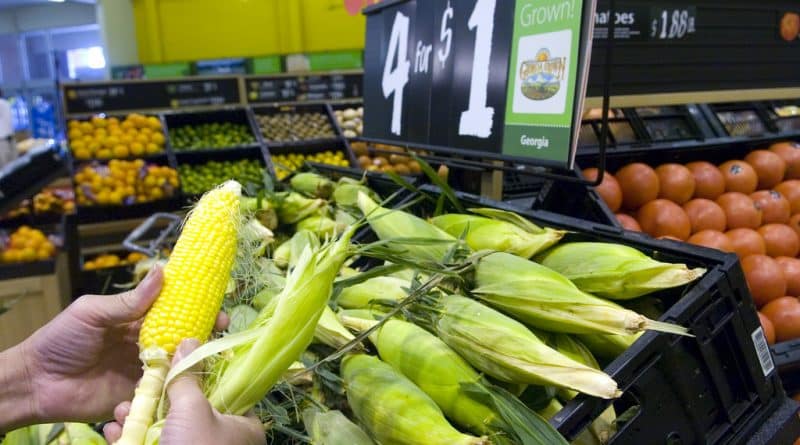
No, statistics don’t lie. Prices on some products, primarily beef, eggs and dairy products, fell significantly over the period from 2016 to 2017. For 19 consecutive months, the government reported a decline in the consumer price index for food, to remove which compares the prices in the supermarkets with the cost of similar products, the company informed. The annual comparison shows a better overall picture than, say, data for the month, because it is not dependent on seasonal price fluctuations.
However, in July this figure rose slightly, and this increase has already been called a unique event, as this has not happened for several decades. According to the Bureau of labor statistics, the last time the country experienced such a long period of deflation in food prices was recorded in mid 1950-ies.

But because of what happened?
Economists say that pricing is influenced by several factors. Costs for electricity and transportation dropped, allowing manufacturers to spend less money on food production. In addition, there was surplus food: China and other countries have begun to buy less food from US, partly because American goods become more expensive as the dollar strengthened. Some experts also say that the Americans influenced the decline in prices, changing their preferences, for example,reducing the consumption of beef.
All this led to a change in supply and demand: people simply weren’t buying as much beef and the eggs produced by the farmers.
But for now, prices gradually begin to rise. One of the main issues is how quickly retailers will raise their prices because no one wants to look like his prices are higher than competitors.
Fight for the lowest prices
A price war among grocery stores is pretty intense. Leading network, Walmart and a Kroger, fought with Target and other competitors for the lowest prices. Even in Whole Foods last week reduced the price of organic cabbage and avocado, after the network was acquired by Amazon. German supermarket chains Aldi and Lidl, which are currently open more stores in the U.S., are also trying to attract customers with big discounts.
In General, experts predict that most prices this year will rise by only 1 percent compared to last year.